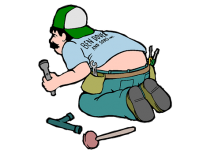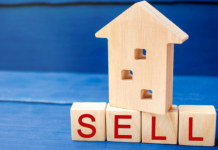If you’re putting your home on the market, you may be tempted to try listing it at a high price. Especially if you live in an area where prices are going up and buyers are competing for homes.
Don’t do it.
Experienced real estate agents will tell you that pricing your home appropriately from the beginning is critical. As for getting it sold quickly and at the best price.
Research shows that overpricing your home and then dropping the price several times usually leads to selling it at a much lower price than originally intended. The longer a home stays on the market, the deeper the discount is likely to be off the original price.
How to price your home correctly
Many homeowners want to set their list price based on what they paid for their home, the balance of their mortgage, or on the profit, they want to make so they can move into another home.
In reality, your home is worth only what the market will bear. If you price your home too high, some potential buyers won’t want to look at it at all, while others will simply walk away without making an offer.
If you’re interviewing several real estate agents to choose a listing agent, you may be tempted to pick the sales professional who suggests the highest price for your property. But sellers, like buyers, need to beware.
Ask for a Comparative Market Analysis
The real estate agent who provides the best comparative market analysis and explanation of how your home should be priced will be more likely to sell your home quicker and for a higher price than someone who tells you only what you want to hear.
A comparative market analysis should include sales prices for similar nearby homes that sold in the last month or two. In addition, many real estate agents include prices for homes currently on the market that will be your competition, as well as homes taken off the market because they didn’t sell.
Other data real estate agents can use to suggest a price range include how many days homes were on the market at various price points and the average difference between the list prices and sale prices on homes that have sold.
Your real estate agent can help you estimate who might want to buy your house and what else those buyers are looking at so you can measure your price against the competition.
A knowledgeable real estate agent can factor in all of these issues in the context of your local market conditions, including whether home prices are rising or falling and whether it’s a buyer’s or seller’s market.
Choose the right professional to help you with your home sale and then listen to your real estate agent’s advice and your transaction is more likely to go through quickly and smoothly from the beginning.














